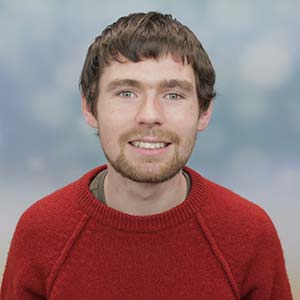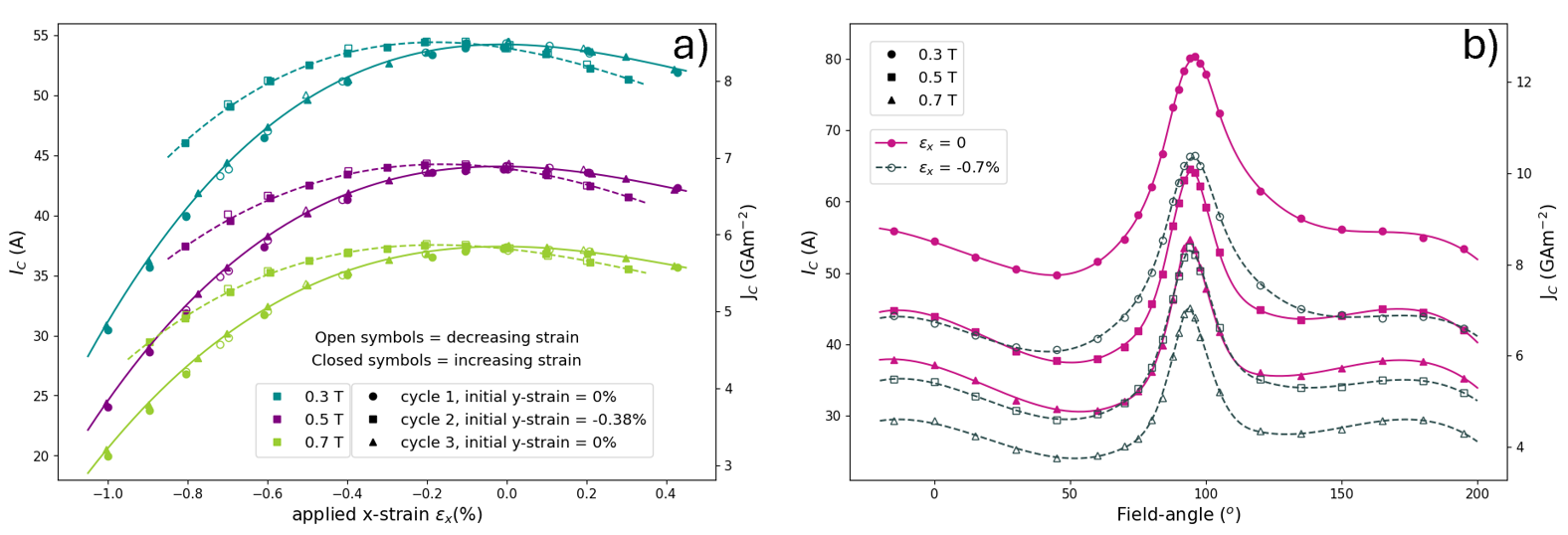Staff profile

| Affiliation |
|---|
| PGR Student in the Department of Physics |
Biography
I graduated from Durham University in 2022 with an integrated masters in physics and am now in the second year of my experimental PhD with Durham Superconductivity Group. As part of this I am also a member of the EPSRC Centre for Doctoral Training in the Science and Technology of Fusion Energy ( Home - Fusion CDT (fusion-cdt.ac.uk) ), following the materials strand.
The Fusion CDT
The first 6 months of my PhD were dedicated to the training provided by the Fusion CDT. Courses were delivered by 5 UK universities (York, Oxford, Manchester, Durham and Liverpool) with input from leading academics in the field and industry experts. They included fusion focused studies of plasma physics, plasma wall interactions, materials science and radiation damage.
Research Interests
My research focuses on the strain dependence of critical current density (Jc) in high temperature superconducting (HTS) materials. While the behaviour of these materials under 1-dimensional strain εx is relatively well known, in Durham an apparatus has been developed to perform Jc measurements under biaxial strains using a bespoke springboard sample holder. This is essential knowledge for the design optimisation of fusion magnet systems (eg for STEP: https://www.gov.uk/government/news/west-burton-selected-as-home-of-step-fusion-plant), which will be subject to large, multidimensional strains during operation. In addition to biaxial strains, the apparatus also allows Jc to be measured as a function of magnetic field strength (B), up to 15 T in our horizontal magnet system, and field-angle (θ).
Recent Results
- Measurement of Jc (B, εx , εy) at 77.35 K and 65 K, fields of 0.3T, 0.5T and 0.7T, θ = 0o and -1% ≤ εx ≤ +0.4%, on a SuperPower AP REBCO tape sample. Figure a) below shows Jc vs εx, for initial applied y-strains of εy = 0% and εy = -0.38 % at 77.35 K. It has been found that applying εy = -0.38 % causes the position of the Jc vs εx, curve to shift by approximately -0.2 % with respect to when εy = 0%. The expected inverse parabolic behaviour is displayed, and all changes in Jc due to applied strains were found to be reversible.
- Measurement of Jc (B, θ) at 77.35 K and 65 K for various applied biaxial strain states (εx , εy). Figure b) below shows Jc vs θ for both (εx , εy) = (0%, 0%) and (-0.7%, 0.14%). For the latter, there was no initial applied y-strain and the quoted εy is due to the Poisson’s ratio of the sample holder.

Presentations
- Applied Superconductivity Conference 2024, 1st - 6th September 2024, Salt Lake City, Utah, USA (Poster)
- 16th European Conference on Applied Superconductivity, 3rd – 7th September 2023, Bologna, Italy (Poster)
- Frontiers of Fusion student conference, 24th – 28th April 2023, York, UK (Poster)

